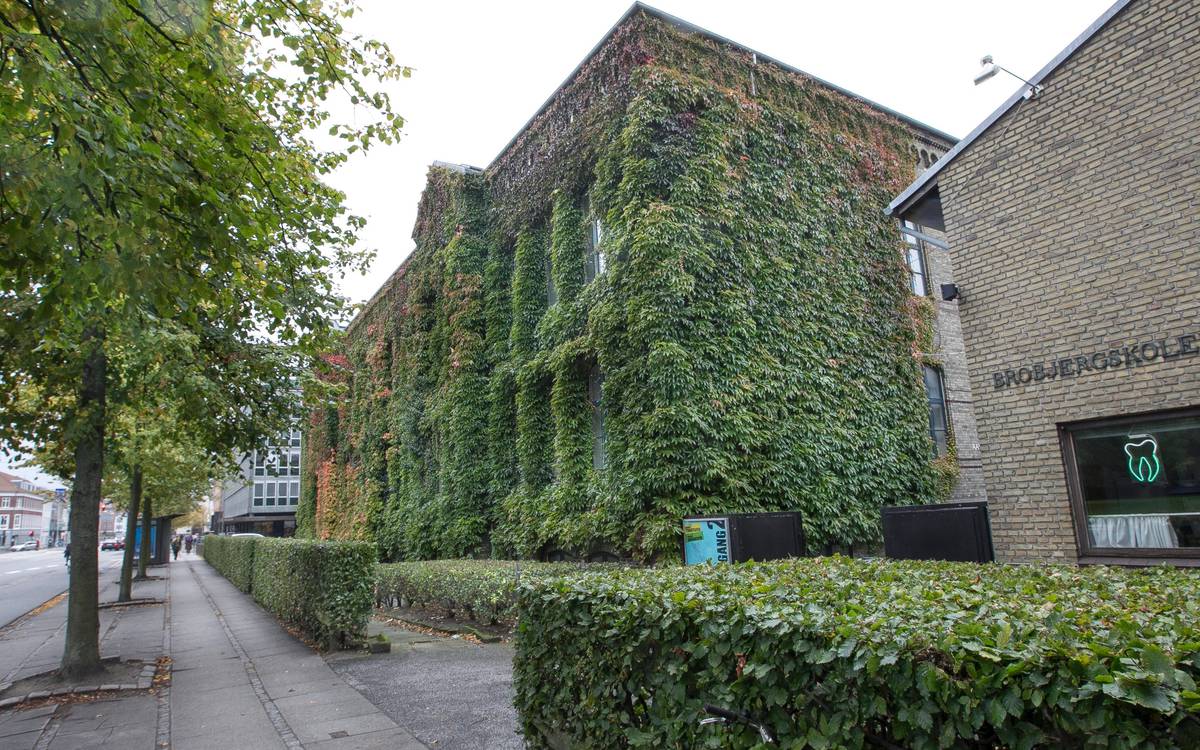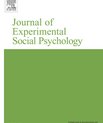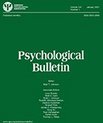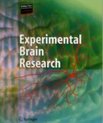Call for participants:
Fieldwork in the Body

The research collaboration 'Fieldwork in the Body' (see project description below) is hosting a practice based research day to pursue a new project between anthropology and somatic movement looking at hospital environments as relational spaces.
We are interested in how these two fields can work together and tell us something new about the 'being in' and 'seeing' the hospital space and in what way investigations in the interplay between academic research and movement can inform and nuance both practices.
We have a couple of open spaces for IMC researchers who would want to take part.
The event is scheduled for: Tuesday 21 of May 2019 from 9.30am to 4pm at Stub4, Brobjergskolen, Aarhus C.
The research day brings together an interdisciplinary group of researchers and performers to workshop and develop movement tasks and ideas around the hospital as a relational space.
The program will alter between brief research and experience-based presentations and movement work in the studio. Taking part in this does not require any particular skills of movement or fitness, but it is expected that you are comfortable to engage with the movement based interactions.
If you are keen to take part in this, please send your information to Mette Terp Høybye
no later than May 10th at noon: hoybye@clin.au.dk
***********
Fieldwork in the Body. Investigations of hospital environments between anthropology and somatic movement
- Mette Terp Høybye, Dept. of Clinical Medicine
- Collaborators: Marie Hallager Andersen, freelance dance artist and choreographer
Abstract:
Nearly everyone has to relate to hospital environments at some point in their lives. We may be passing through as visitors or patients; or maybe time and again go back as re-admitted or chronic patients. We may be receiving new life into the world or loosing life in the environment of hospitals. To most it’s an uncharted space at first, to others it frames days and years of work, seeking to provide care and treatment. The physical environment of the hospital is now commonly understood to have significant impact on the well-being and healing of patients. This study will build on existing anthropological studies of hospitals as dynamic spaces in order to investigate how engaging directly with the environment through creative movement activity can add to how we understand hospital spaces. How may such investigations at the intersection of somatic movement practice and anthropology add to our knowledge making around hospitals as relational environments? Our work asks if it is possible to increase the potentiality of the hospital as a healing environment by opening users’ senses to ‘being in’ and ‘seeing’ the space differently? These findings will feed back into evidence-based hospital design and inform existing literature in anthropology and other sciences



